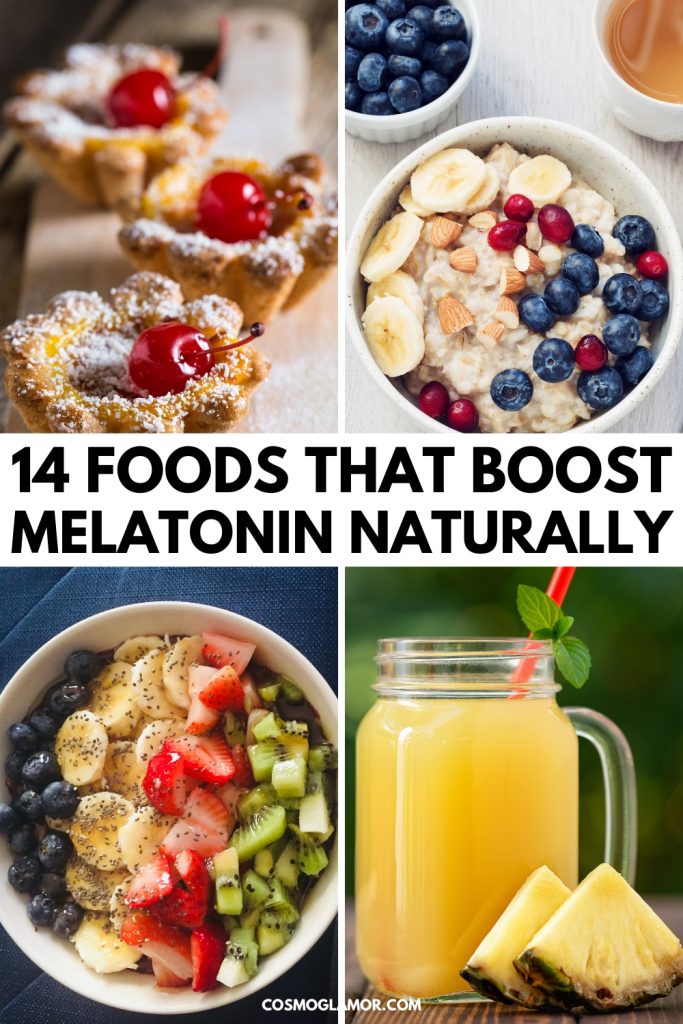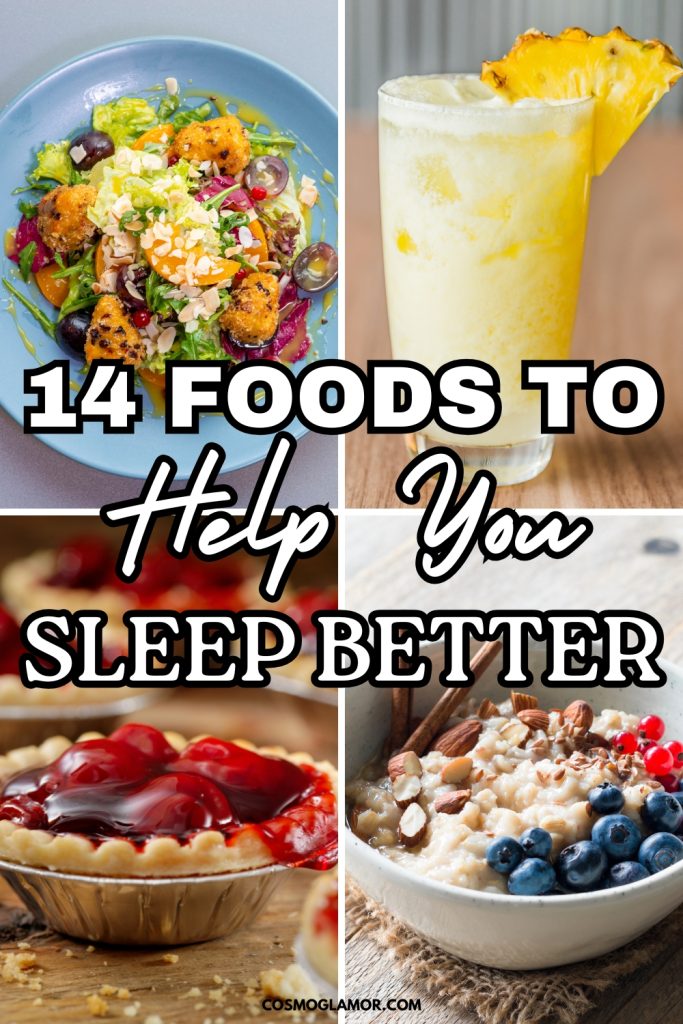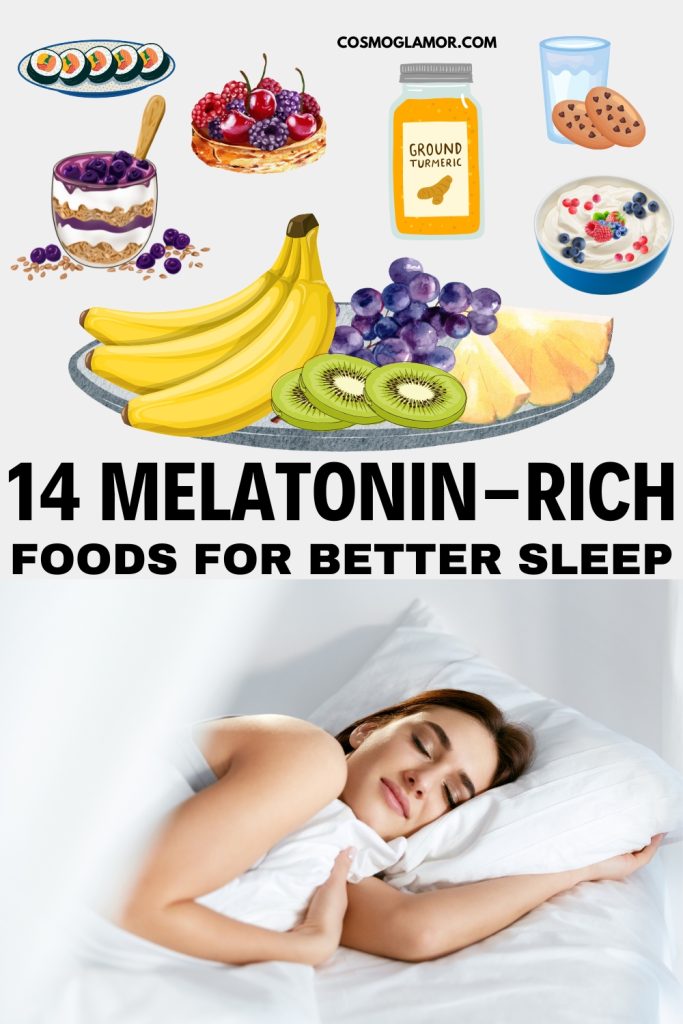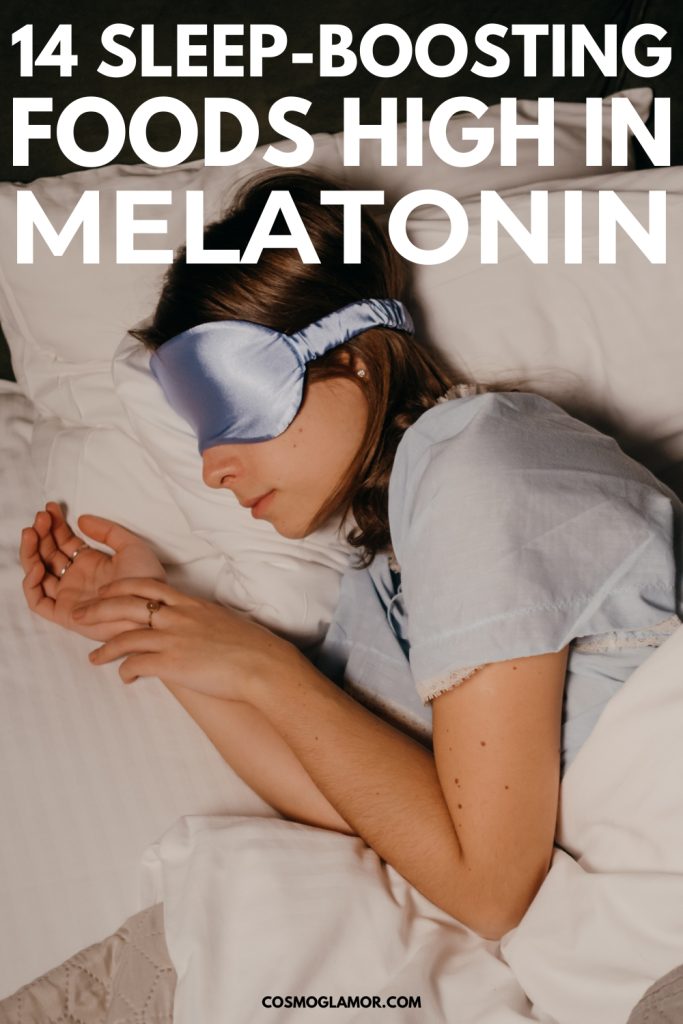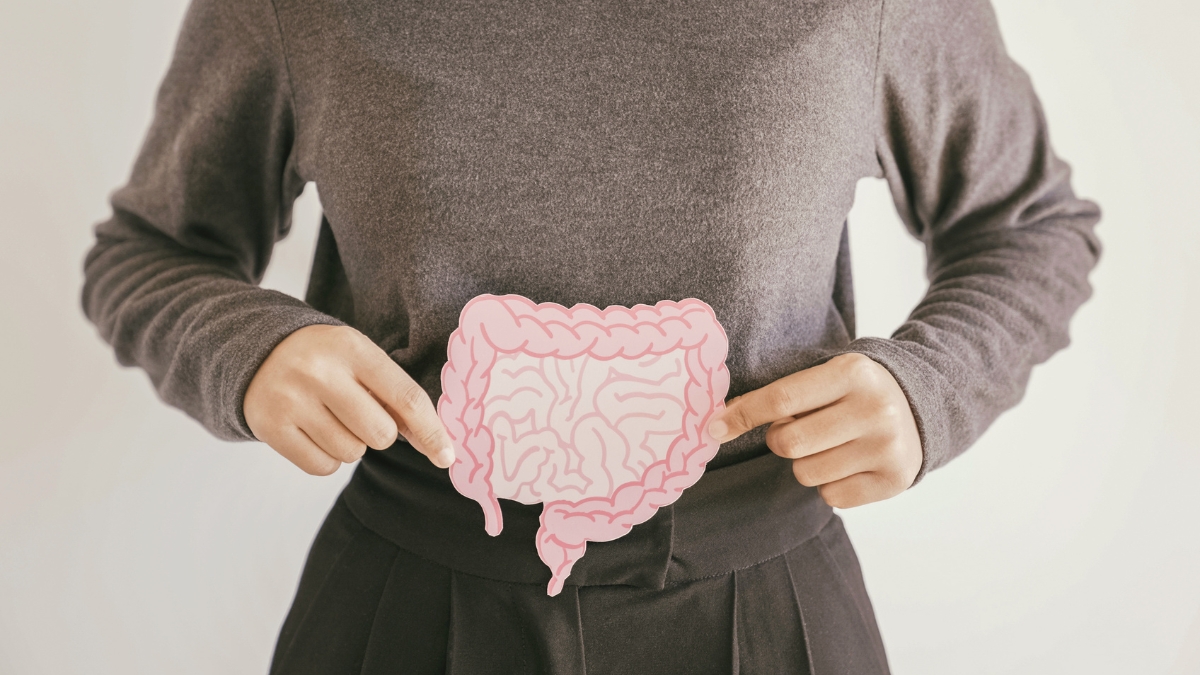Ever find yourself staring at the ceiling at 3 AM, counting sheep that seem more like hyperactive mountain goats? We've all been there! Sleep is so crucial for our well-being, and sometimes, no matter how comfy our bed is or how many lavender-scented candles we burn, sleep just doesn't come easily. If you're anything like me, the last thing you want to do is rely solely on medication. The good news is that there might be a delicious solution hidden right in your kitchen. Turns out, certain foods can naturally increase your body's production of melatonin, the hormone that whispers sweet nothings to your brain, telling it, “Hey, it's time to chill out and get some rest.”
So, what are these magical sleep-inducing foods? Let's dive in and explore 14 tasty options that can help you drift off to dreamland more easily.
Your Body's Sleep Potion: Melatonin
Before we get into the food, it's worth understanding what melatonin actually is. Think of it as your body's internal sleep regulator, a little like Mother Nature's very own lullaby. This hormone is produced in the pineal gland in your brain, and its levels naturally rise in the evening as it gets darker, signaling to your body that it's time to wind down.
14 Foods to Help You Catch Those Zzz's
Ready to stock your fridge with some sleep-promoting goodies? Here's a list to get you started:
1- Tart Cherries
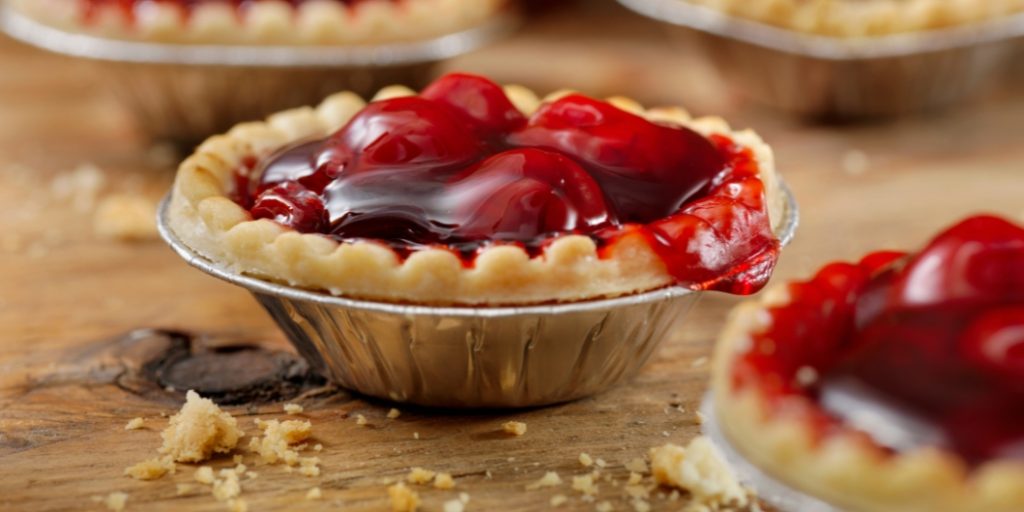
Tart cherries are more than just a delicious pie filling; they're a fantastic natural source of melatonin. Drinking a glass of unsweetened tart cherry juice about an hour before bed can help increase your melatonin levels. I started incorporating this into my routine a few months ago, and I've noticed that I fall asleep a bit faster on the nights I drink it. It's become a soothing ritual for me.
2- Walnuts
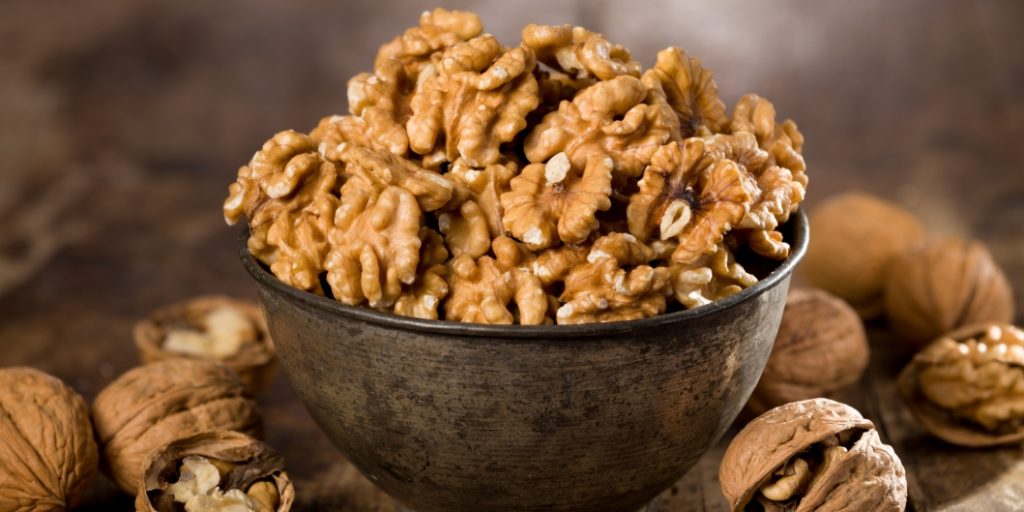
These brain-boosting nuts are packed with nutrients, including melatonin. A handful of walnuts about an hour before bed can be a great way to promote relaxation. Plus, their healthy fats are super satisfying, helping to curb any late-night hunger pangs. I like to call them my little “sleep nuts.” They're a staple in my pantry!
3- Almonds
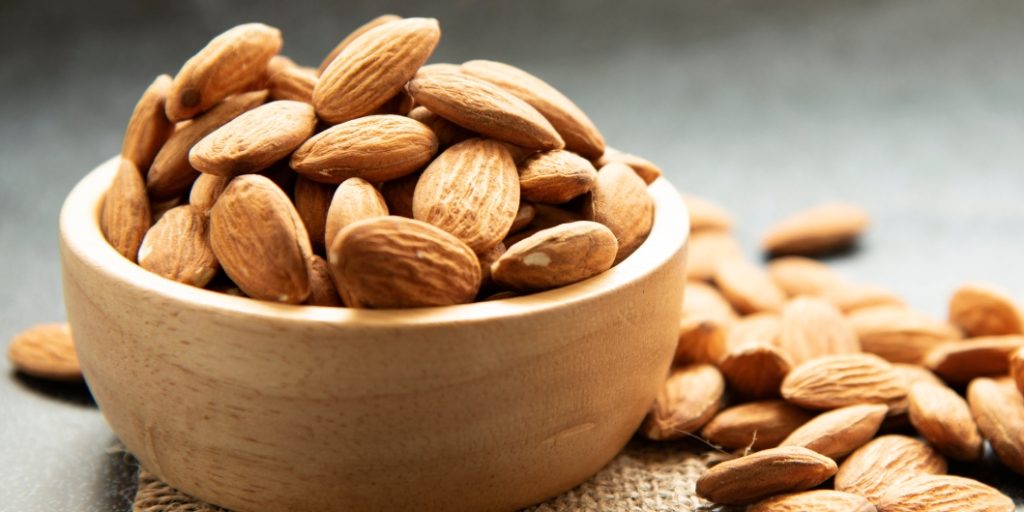
Similar to walnuts, almonds are a great source of melatonin and magnesium. Magnesium is a mineral that plays a crucial role in regulating sleep. Try having a handful of almonds or a tablespoon of almond butter as a pre-sleep snack. Personally, I find that the creamy texture of almond butter is especially calming in the evenings.
4- Bananas
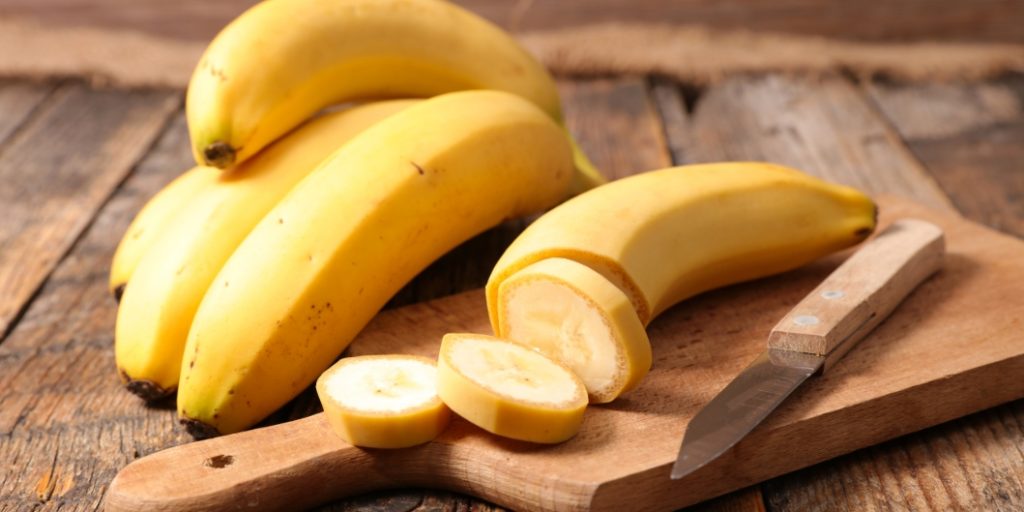
This readily available fruit is more than just a quick energy source. Bananas contain tryptophan, an amino acid that the body uses to produce both serotonin and melatonin. I find that eating a banana about an hour or two before bed helps me wind down. Sometimes, I'll slice it up and add a drizzle of honey for a sweet treat.
5- Pineapple
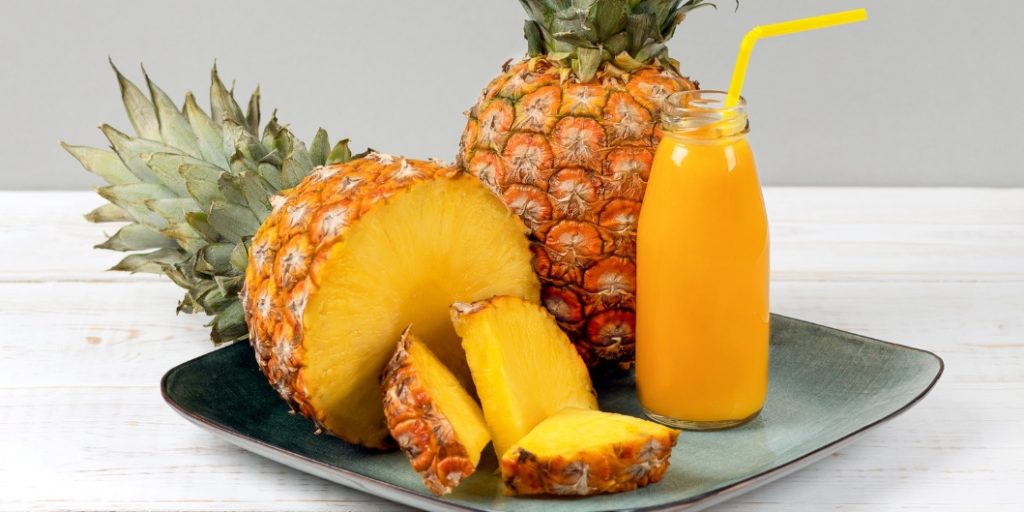
Who knew that this tropical treat could help you sleep? Pineapple has been shown to boost melatonin levels significantly. Enjoying a few chunks of fresh pineapple after dinner might contribute to a more restful night. I love adding pineapple to my smoothies, but lately, I've been enjoying it on its own in the evenings.
6- Oats
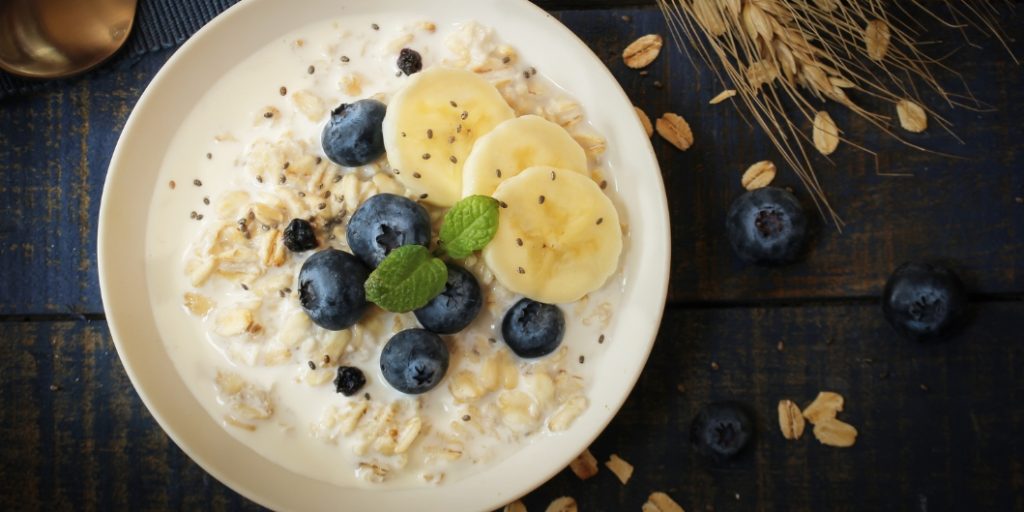
Oats aren't just a breakfast staple; they're a great source of complex carbohydrates that can help regulate sleep. A small bowl of warm oatmeal about an hour before bed can be incredibly soothing. I like to add a sprinkle of cinnamon and a few chopped walnuts for extra flavor and sleep-promoting benefits. It's like a warm hug for your insides.
7- Turkey
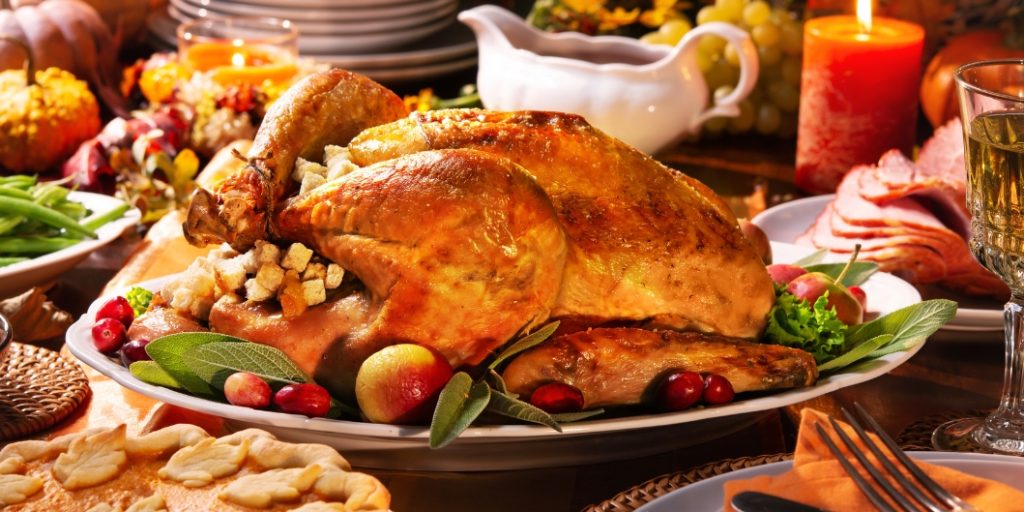
There's a reason why everyone feels sleepy after a Thanksgiving feast! Turkey is rich in tryptophan, the amino acid precursor to melatonin. Including turkey in your dinner might just help you drift off more easily. I've definitely noticed a difference on nights when I have turkey for dinner. I feel more relaxed and ready for bed.
8- Salmon
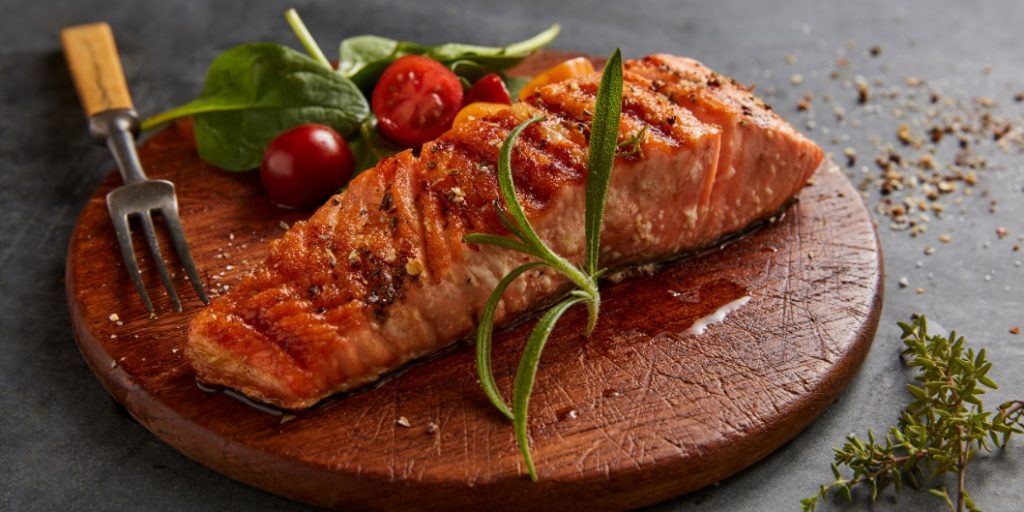
This fatty fish is packed with omega-3 fatty acids, which are known for their various health benefits, including improving sleep quality. Some studies also show that salmon can increase melatonin production. Having baked or grilled salmon for dinner a few times a week is a delicious way to potentially enhance your sleep.
9- Dairy (Milk, Yogurt)
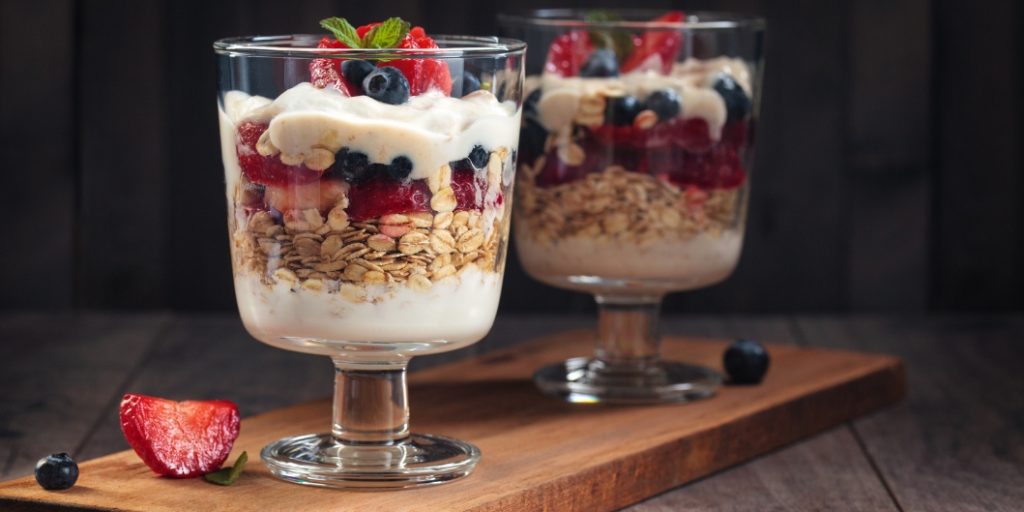
That old saying about warm milk before bed has some truth! Dairy products, such as milk and yogurt, contain both tryptophan and calcium, both of which can promote sleep. I find that a small cup of plain yogurt with a few berries is a light and satisfying pre-sleep snack.
10- Kiwi
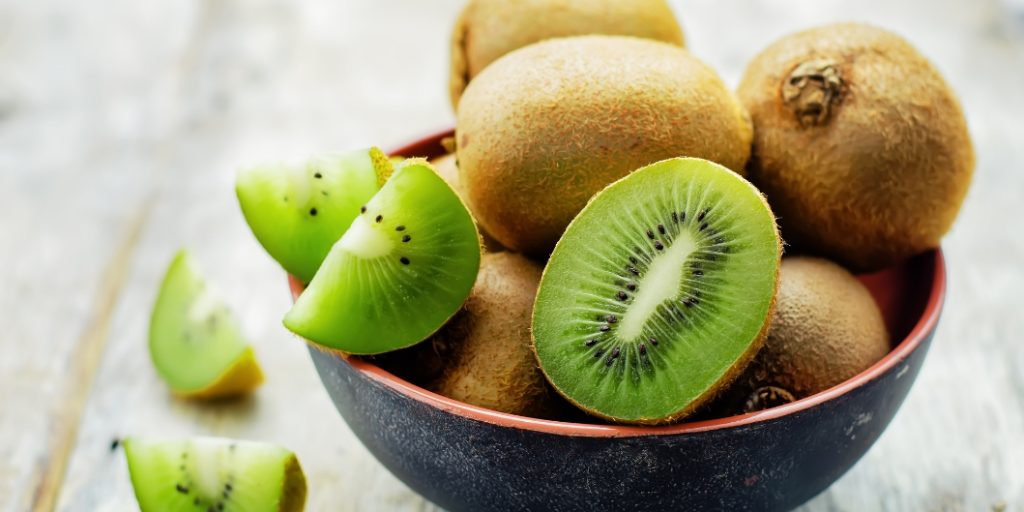
This fuzzy green fruit is a surprising sleep superhero. Studies have shown that eating a couple of kiwis about an hour before bed can improve sleep quality and duration. They're packed with vitamins and antioxidants, too! I love their tangy flavor, and they've become a regular part of my evening routine.
11- Eggs
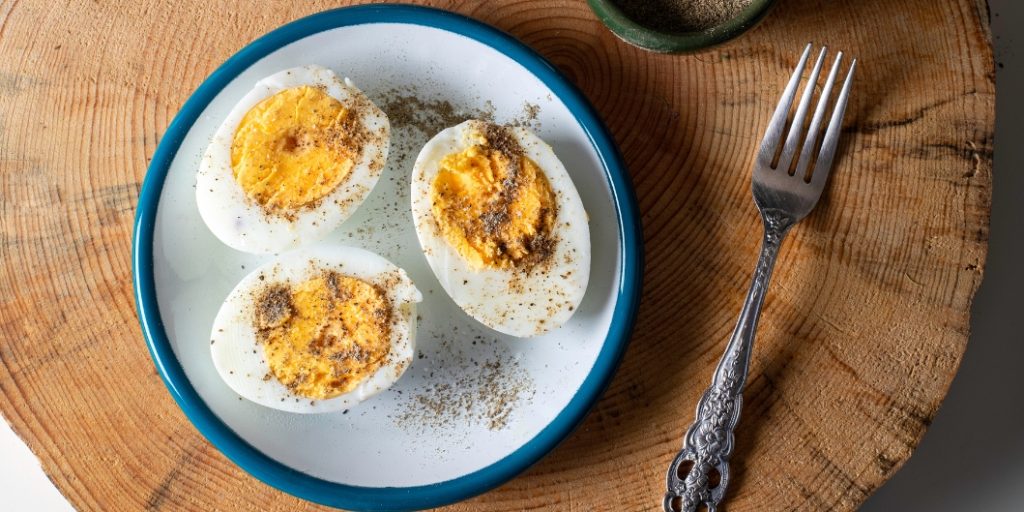
Eggs are another excellent source of tryptophan, making them a good choice for promoting sleep. A hard-boiled egg or a small omelet can be a satisfying and sleep-friendly snack. I sometimes have a hard-boiled egg with a sprinkle of paprika in the evenings if I'm feeling peckish.
12- Tomatoes
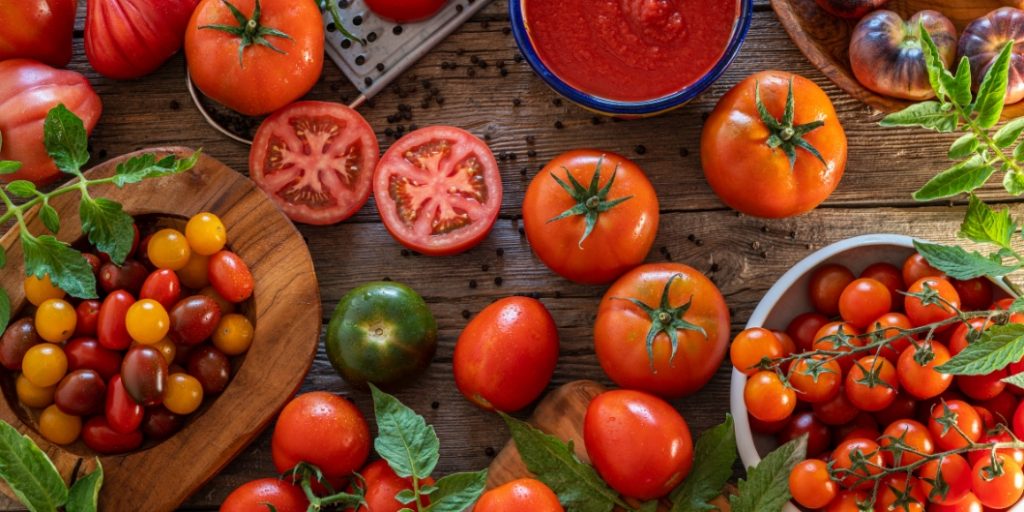
These vibrant red fruits are a good source of melatonin, especially when cooked. Adding tomatoes to your dinner, whether in a sauce, soup, or salad, can contribute to a better night's rest. I love roasting tomatoes with a little garlic and olive oil – it brings out their sweetness and makes them even more delicious.
13- Bell Peppers
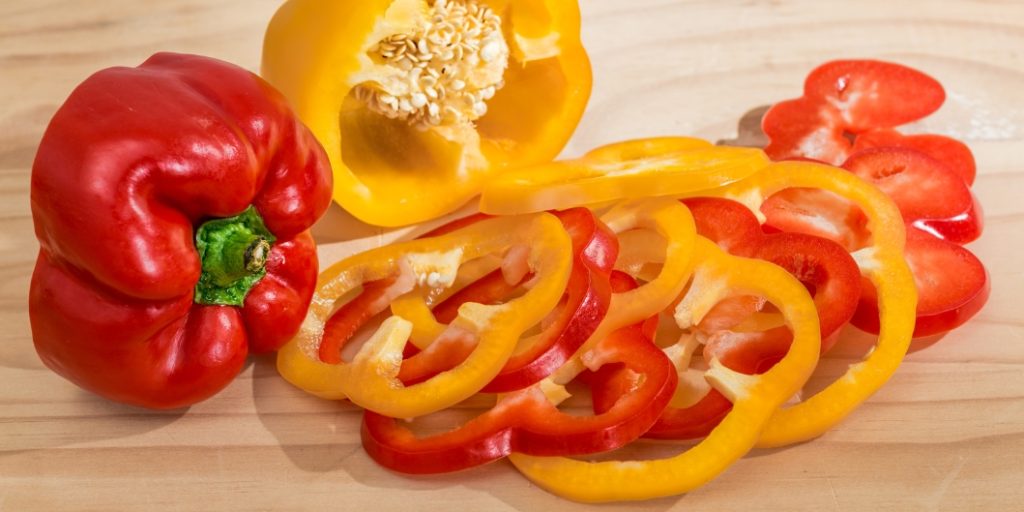
While not the highest in melatonin, bell peppers still contribute to your intake of this sleep-promoting hormone. They're also packed with vitamins and antioxidants. I enjoy adding sliced bell peppers to my salads or stir-fries, or even just snacking on them raw.
14- Grapes
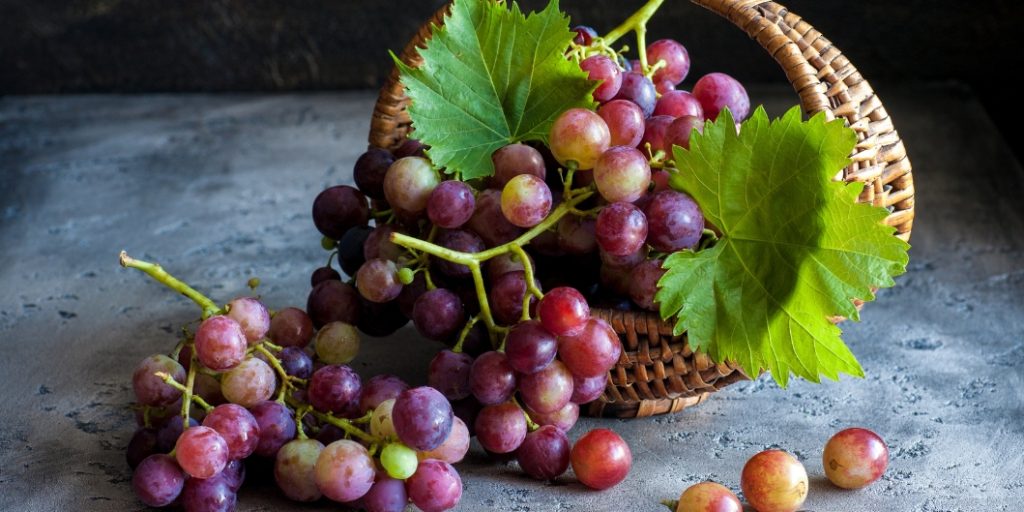
These juicy little fruits contain natural melatonin, making them a great evening snack. A small bunch of grapes can be a refreshing and sleep-friendly way to satisfy your sweet tooth before bed. I find that chilled grapes are especially enjoyable on warm nights.
More Than Just Food: Creating a Sleep Sanctuary
Of course, while these foods can certainly help, a good night's sleep is about more than just your diet. Try to create a relaxing bedtime routine: dim the lights, take a warm bath, read a book (not on a screen!), and make sure your bedroom is a calm, dark, and cool haven.
Sweet Dreams Are Made of This
Incorporating these melatonin-rich foods into your diet is a natural and delicious way to potentially improve your sleep. But remember, consistency is key! It might take some time to see the full effects, so be patient and enjoy experimenting with different foods and recipes. Instead of counting sheep, try counting the delicious, sleep-inducing foods you can enjoy before bed. Who knows, you might just discover that the key to a restful night's sleep has been sitting in your pantry all along! Here's to happy snoozing and waking up feeling refreshed and ready to tackle the day!
Resources:
- Effect of a tart cherry juice beverage on melatonin levels and enhanced sleep quality.
- Pilot study of the tart cherry juice for the treatment of insomnia and investigation of mechanisms.
- The effect of walnuts on sleep quality and cardiovascular risk factors in older adults with mild sleep disturbances: A randomized placebo-controlled clinical trial.
- Effects of walnut consumption on blood lipids and other cardiovascular risk factors: a meta-analysis and systematic review.
- The effect of magnesium supplementation on primary insomnia in elderly: A double-blind placebo-controlled clinical trial.
- Dietary magnesium and cardiovascular disease: a review with emphasis in epidemiological studies.
- Tryptophan and human brain serotonin synthesis: a critical review.
- Effects of pineapple consumption on the urinary excretion of melatonin and 5-hydroxyindoleacetic acid in humans.
- Effects of tryptophan loading on human cognition, mood, and sleep.
- The effects of tryptophan depletion and loading on mood and cognition in healthy adults.
- The effects of omega-3 fatty acids on sleep quality and mood disorders.
- The role of omega-3 fatty acids in the prevention and treatment of cardiovascular disease.
- Calcium and sleep.
- The effects of tryptophan on sleep.
- Effect of kiwifruit consumption on sleep quality in adults with sleep problems.
- The effects of tryptophan depletion and loading on mood and cognition in healthy adults.
- Melatonin content in tomatoes and tomato-based products.
- Limited evidence on direct melatonin content, focus on overall nutritional benefits.
- Melatonin in grapes and grape juice.
